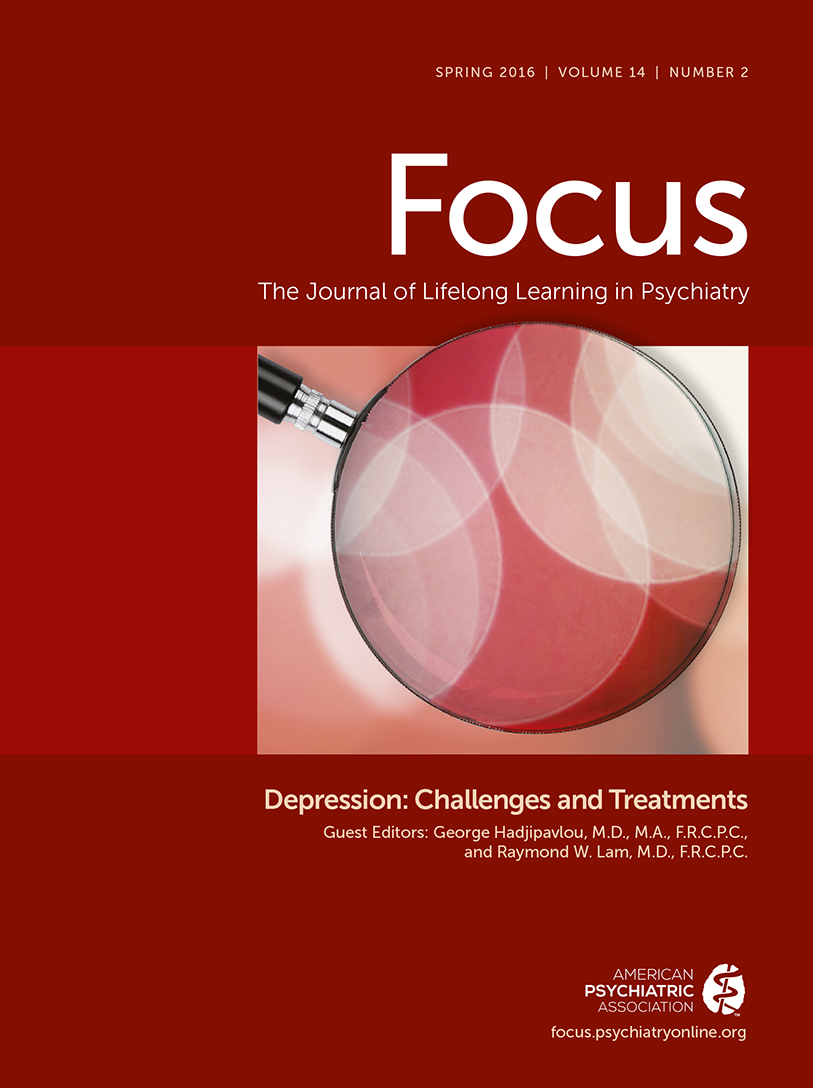Adjunctive Therapy With Second-Generation Antipsychotics: The New Standard for Treatment-Resistant Depression?
Abstract
Depressive episodes that do not respond to at least several adequate courses of standard antidepressants account for a substantial proportion of the socioeconomic and medical burden associated with this common illness. As such, treatment-resistant depression represents both an important public health problem and a great unmet need in psychiatric therapeutics. Among the several “add-on” strategies with established efficacy for treatment-resistant depression, the second-generation antipsychotics have become the most commonly used in psychiatric settings. This article briefly examines the benefits and limitations of adjunctive therapy with second-generation antipsychotics to determine whether these medications are now the standard of comparison for new therapies for treatment-resistant depression.



